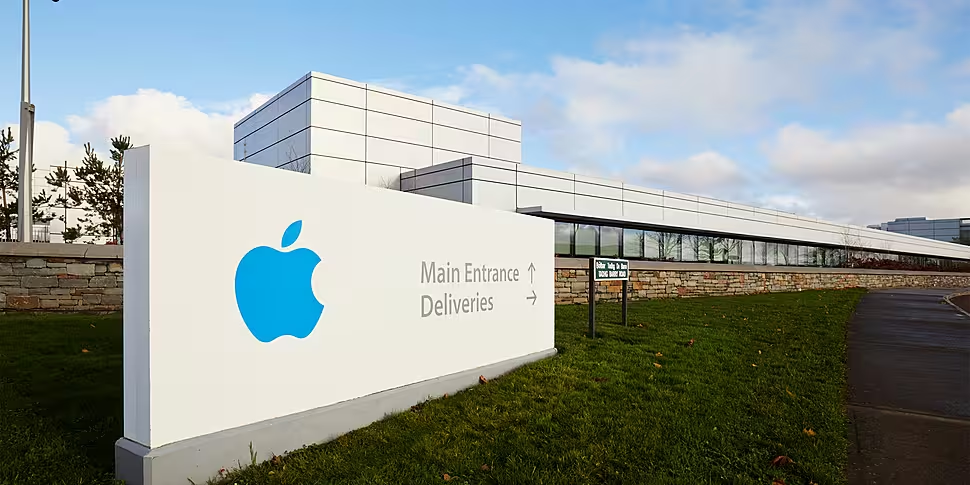The European Court of Justice is likely to order Apple to pay Ireland €13 billion in taxes.
In 2016, the European Commission concluded Revenue had "substantially and artificially lowered the tax paid by Apple in Ireland since 1991".
This, they argued, breached EU rules on State aid and they ordered the company to pay Ireland €13 billion plus interest.
Then Apple CEO Steve Jobs described it as “maddening” and a “political” decision by Brussels, while Enda Kenny said it was up to Ireland “as a sovereign nation” to set its tax policies.
European Competition Commissioner Margrethe Vestager denied the decision was in any way political and that it had been made “based on the facts of the case”.
Seven years of appeals
An appeal was lodged and in 2020, the EU’s General Court rejected the Commission’s findings, who in turn lodged an appeal themselves.
That case was heard in May and today Advocate General Giovanni Pitruzzella issued his recommendation, finding in favour of the European Commission.
In an overwhelming majority of cases, the European Union’s top courts agree with the Advocate General.
Minister for Finance Michael McGrath has previously said the Government is “confident in our position”.
“It is our view, as has been set out by our legal team at the hearing, that there was no sweetheart deal done,” he said.
Earlier this week, an Apple spokesperson thanked the court for its “time and ongoing consideration in this case”.
“The General Court’s ruling was very clear that Apple received no selective advantage and no State aid, and we believe that should be upheld,” she said.
The European Court of Justice is the EU’s highest court and comprises 27 judges, one from each member State, and 11 Advocates General.
Main image: Apple's office in Co Cork. Picture by: Apple









